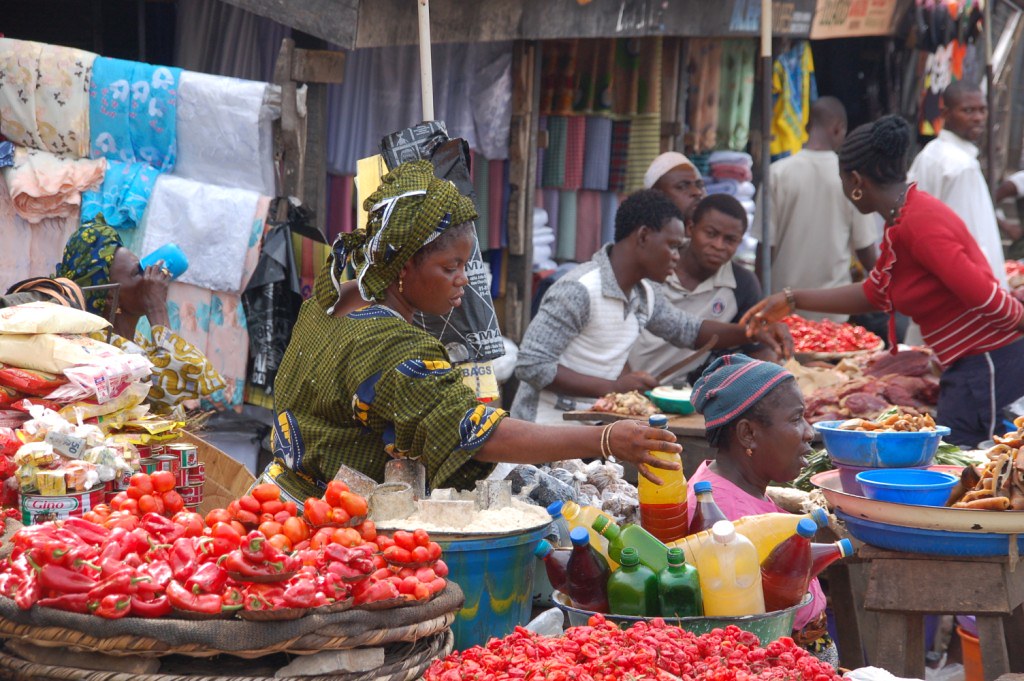The inflation rate of Nigeria eased to 23.71% in April 2025 against 24.23% recorded in March, according to the National Bureau of Statistics (NBS) on Thursday.
The new figure indicated a slight decline of 0.52 percentage points, showing a touch of hope amid continued economic and rising cost-of-living challenges in the country.
New Daily Prime reported earlier that Nigeria’s headline inflation rate edged up to 24.23 per cent in March 2025, while stating the increase in its consumer price index (CPI) for March.
The rate indicated an increased move from the 23.18 per cent reported in February.
It also signals a return to levels (24.48 per cent) recorded at the beginning of the year following the CPI rebasing.
“In March 2025, the rate rose to 24.23% relative to the February 2025 rate of 23.18%,” the bureau said.
“Looking at the movement, the March 2025 headline inflation rate showed an increase of 1.05% compared to the February 2025 Headline inflation rate,” the NBS said.
World Bank advise on inflation
Recall that the World Bank Group had advised the Central Bank of Nigeria (CBN) to sustain efforts to tackle inflation, as Nigeria’s price increase rose to 34.8 per cent in December, up from 33.6 per cent in November.
Senior economist for Nigeria at the World Bank Group, Sameer Matta, said this at the launch of the 2025 macroeconomic outlook of the Nigerian Economic Summit Group (NESG).
The economist said, “I think what is critical in terms of the upsurge is to stay the course. I think that the central bank needs to continue to be focused on making sure that inflation is under control.
“Part of it is related to the supply side. What can be done to improve the yield on the agriculture side? What can be done to improve the link between rural and urban areas?
“There is the question of what can be done on the trade policy side. One would be to increase production locally, but that would take time.
“One of the things that can be done on the trade policy side is to think through which sectors could be targeted to allow some tariffs to be adjusted.”



